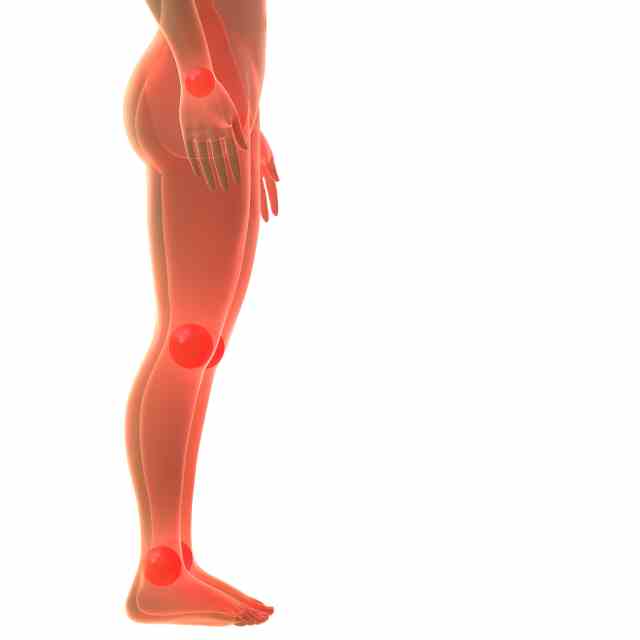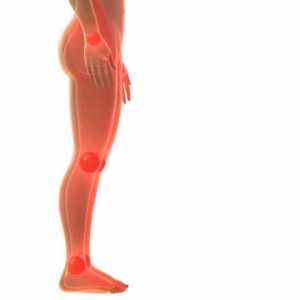Discoid Lupus Erythematosus (DLE) is a form of the lupus disease that affects mostly women ages 18-50. Cases of DLE in men are very rare. DLE affects different racial groups more than others as well. The majority of DLE lupus patients are black African-American women and their lupus symptoms are often more severe than others. Why this racial group in particular is affected more greatly is unknown, but there are several known risk factors which include:
- Hormones (such as excess estrogen)
- Genetic and Hereditary factors
- Environmental factors (sunlight, medication, etc.)
Genetics appear to play a stronger role in discoid lupus erythematosus than with other forms of the lupus disease.
Discoid Lupus Erythematosus Symptoms
DLE symptoms usually appear as large circular lesions found on the skin. Unlike systemic lupus erythematosus (SLE), DLE only affects the skin and does not usually spread into the joints or internal organs. As a lupus disease, DLE has similar autoimmune characteristics to SLE. Rather than protecting the body from outside forces (disease, bacteria, etc.) the immune system attacks the body's own healthy tissue. Lesions resulting from DLE can often times result in permanent scarring if not treated appropriately. One of the most famous celebrities with lupus is award-winning singer Seal, who also has discoid lupus erythematosus.
Discoid Lupus Erythematosus Diagnosis
DLE is only diagnosed after thorough physical examinations. Skin samples are taken and a complex blood analysis is processed. Once a diagnosis is confirmed, proper medication will be prescribed for lupus symptoms to help relieve pain, itchiness and to prevent further lupus flares. Currently there is no cure for lupus, but this medication will assist you in living a normal life with lupus.
The skin lesions that appear in the beginning phases of DLE are circular and reddish with very obvious borders. The next stage causes the lesions to become scaly, develop a hard crust and become raised above the skin's surface. If this occurs on the scalp, it can cause temporary or permanent hair loss. There is a greater risk to African-American patients, who are also more prone to develop skin cancer. Controlling the symptoms is not always possible, but by applying proper medication prescribed by your doctor, avoiding prolonged exposure to sunglight and staying healthy, you can reduce the severity of lupus symptom flares.

